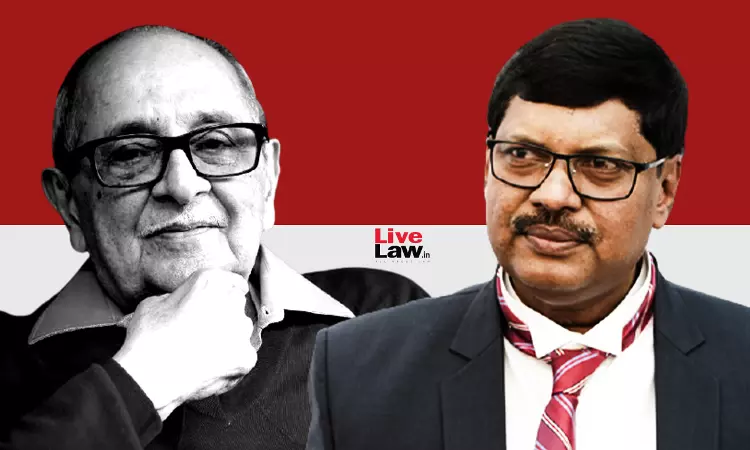Fali Nariman Was A Custodian Of Constitutional Values : Justice BR Gavai
Sanjana Dadmi
7 Dec 2024 1:01 PM IST

Next Story
7 Dec 2024 1:01 PM IST
Justice B.R. Gavai on Friday (December 06) delivered an address at the inaugural Fali Nariman Memorial Lecture, focusing on the theme 'Fali Nariman's Role in Shaping Constitutional Jurisprudence'.In his speech, Justice Gavai remarked that Fali S Nariman made an exemplary contribution to the legal profession through his steadfast commitment to justice. Justice Gavai said that Nariman was more...
